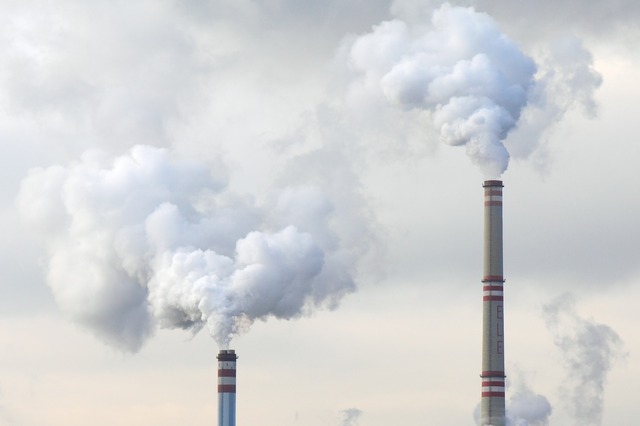European Parliament steps forward to stop burning EU funds

Press Contact: Janek Vahk, Development and Policy Coordinator, Zero Waste Europe
[email protected] | +32 (0) 2 73 62 091
FOR IMMEDIATE RELEASE: Brussels, 14/2/2019
Today the Regional Development committee of the European Parliament (REGI) stood up for a circular economy, by voting to cut EU subsidies to waste disposal and incineration facilities [1].
Excluding financial support to these obsolete technologies within the Cohesion Fund post-2020 will allow to free resources to support waste prevention, reuse and recycling, and help Member States to meet the 2035 circular economy targets.
Janek Vahk, Development and Policy Coordinator at Zero Waste Europe, said: “This is a significant step towards a more efficient use of resources, which will bring substantial net savings for businesses, public authorities and consumers, while creating jobs and reducing greenhouse gas emissions” [2].
However, Zero Waste Europe is concerned about the exemptions allowing to subsidise waste burning plants in Europe’s peripheral regions, which could result in an enormous financial burden on those already economically restrained communities, and interfere with their recycling objectives [3].
Vahk said: “Nothing prevents these regions from achieving ambitious waste reduction and recycling targets [4] – but waste incineration can slow them down. Why would we promote in our islands the same antiquated technologies that we phasing out in mainland Europe?”.
Zero Waste Europe calls on the European Parliament’s plenary to confirm the exclusion of waste disposal and incineration practices from the scope of the Cohesion Fund, and to strengthen the proposal by removing unjustified exemptions.
***
NOTES
[1] The REGI committee report excludes from the scope of the Cohesion Fund “investment in facilities for the treatment of residual waste with the exception of outermost regions and in case of state-of-the-art recycling solutions in line with the principles of the circular economy and the waste hierarchy fully respecting the targets laid down in Art 11(2) of Directive (EU) 2008/98 and provided that Member States have established their waste management plans according to Art. 29 of Directive (EU) 2018/851”
[2] The Circularity Gap Report 2019, Circle Economy, https://www.circularity-gap.world/
[3] The hidden costs of incineration: the case of Madeira and Azores, Zero Waste Europe, 2019 https://zerowasteeurope.eu/downloads/the-hidden-costs-of-incineration-the-case-of-madeira-and-azores/
[4] There are several good examples of islands over-performing on zero waste strategies. Sardinia is a case in point, managing to maximise its recycling and reduce the amount of waste produced.
The Story of Sardinia, Zero Waste Europe, 2018 https://zerowasteeurope.eu/downloads/case-study-10-the-story-of-sardinia/